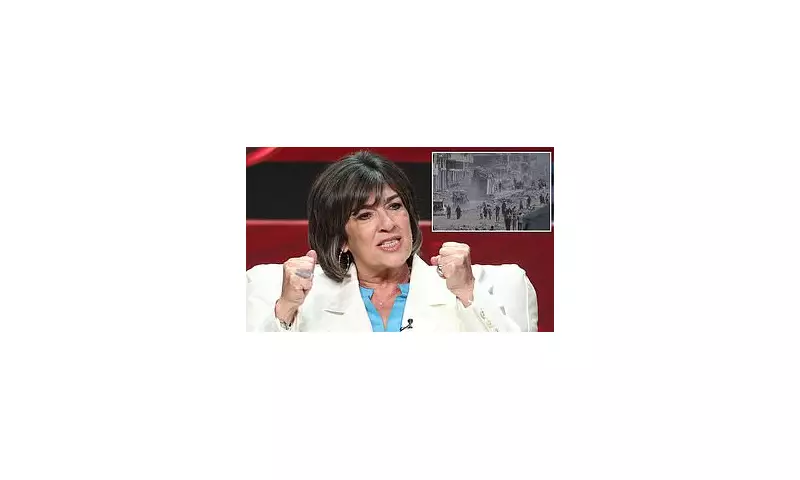
CNN's esteemed international correspondent Christiane Amanpour has found herself at the centre of a media firestorm, culminating in a formal public apology after her comments about Hamas drew widespread criticism and accusations of bias.
The Controversial Comments That Sparked Outrage
During a recent broadcast, Amanpour made remarks that many viewers and critics interpreted as providing undue legitimacy to Hamas, the militant group designated as a terrorist organisation by several Western nations including the UK. The comments immediately triggered a wave of condemnation across social media platforms and from media watchdog groups.
The veteran journalist, known for her decades of conflict reporting, faced immediate backlash with critics accusing her of compromising journalistic neutrality in her coverage of the ongoing Israel-Hamas conflict.
Mounting Pressure Forces Response
As the controversy gained momentum, pressure mounted on both Amanpour and CNN to address the growing concerns about perceived bias in their Middle East coverage. The situation reached a critical point when several prominent public figures and organisations publicly called for accountability.
"The intensity of the response clearly caught the network by surprise," noted media analyst Sarah Jenkins. "When someone of Amanpour's stature faces this level of criticism, networks have little choice but to respond decisively."
The Formal Apology: Damage Control in Action
In her carefully worded apology statement, Amanpour expressed regret for any misunderstanding her comments may have caused, while attempting to reaffirm her commitment to balanced journalism.
Key elements of her apology included:
- Recognition of the sensitive nature of the conflict
- Reaffirmation of her dedication to impartial reporting
- Acknowledgement of the concerns raised by viewers and critics
- Commitment to maintaining professional standards in future coverage
Broader Implications for Conflict Reporting
This incident highlights the increasingly challenging landscape for journalists covering complex geopolitical conflicts, where every word is scrutinised by multiple stakeholders with competing narratives.
The episode serves as a stark reminder of the fine line journalists must walk when reporting on designated terrorist organisations, balancing the need for comprehensive coverage with maintaining appropriate contextual framing.
Media ethics professor Dr. James Williamson commented: "This situation exemplifies the immense pressure on journalists covering the Middle East. The expectation of perfect neutrality becomes almost impossible when reporting on conflicts where moral positions are so sharply divided."
Industry Reaction and Future Implications
The journalism community has been closely watching how CNN handles the situation, with many seeing it as a test case for how major networks address allegations of bias in their high-profile international coverage.
As the dust settles, the incident raises important questions about:
- The evolving standards of conflict journalism
- The role of social media in holding journalists accountable
- The challenges of maintaining objectivity in polarised political climates
- The future of Middle East reporting standards
While Amanpour's apology may have contained the immediate controversy, the broader conversation about media responsibility in conflict zones continues to resonate throughout the industry.





